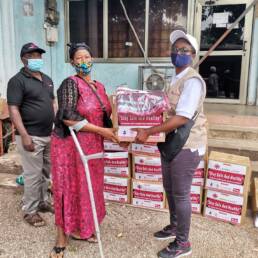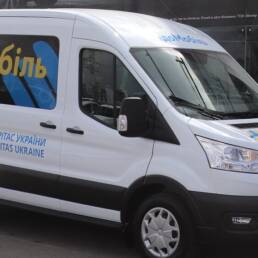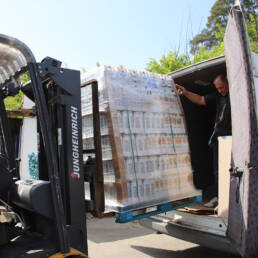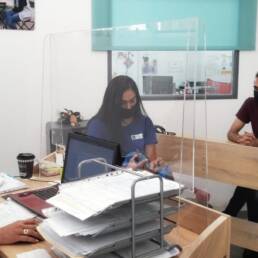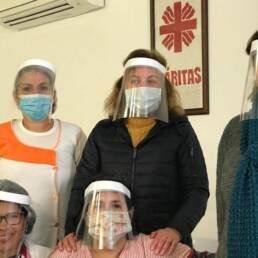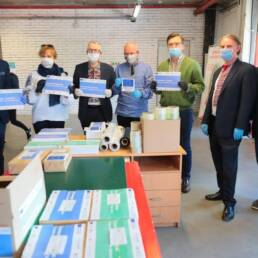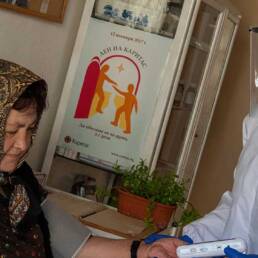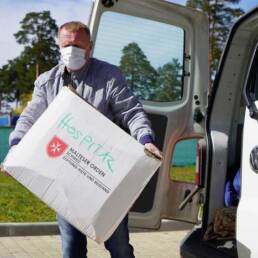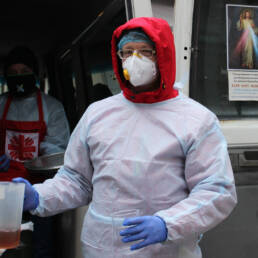Author
Darko Tot
National Coordinator
Caritas Serbia
Much has changed for Caritas Serbia since the first case of COVID-19 was officially confirmed on 5 March.
The declaration of state of emergency only ten days later and the subsequent restrictions on movement greatly impacted all activities Caritas was implementing across the country. Caritas Serbia has had to postpone its disaster risk reduction activities and temporarily close its centres for mental disabilities. Now, staff who can work from home is teleworking, and all non-essential meetings are cancelled.
But Caritas is an important player in the social sector in Serbia and cannot just stop all of its activities. The diocesan and parish Caritas organisations across the country are continuing their activities as much as they can, adapting them to the continuously evolving circumstances. The challenge lies in finding a balance between not abandoning those who are in need and following the recommendations of the national state and health authorities.
Caritas Serbia is still providing home care services, but limiting them to the most vulnerable persons, those who have no one else in their lives who could look after them. And despite the fact that Caritas had to close down its centres for people with disabilities, its staff is still doing home visits whenever there is an urgent need. Other services have also been adapted, such as the counselling services for people returning to Serbia from abroad who need assistance, which are now conducted by phone.
At the same time, the communities that Caritas is working with also play their part in fighting the pandemic. The migrants residing in the reception centres in Vranje, Bujanovac and Principovac represent a real example of responsibility and solidarity. Caritas Serbia has been active in these centres for years, providing different types of assistance, among which psychosocial activities in well-equipped rooms with sewing machines. Those migrants who know how to sew are producing their own masks, not just for the migrants in these three reception centres but also for the employees. Caritas in Vranje and Principovac and the Commissariat for Refugees and Migration Republic of Serbia (KIRS) in Bujanovac are providing the material for this.
Just like many organisations in the country and around the world, Caritas Serbia is struggling to procure disinfectants, masks and gloves. The picture below shows Caritas colleagues in the reception centre in Krnjača (Belgrade) shortly before the stocks of protective gear almost ran out. Today, these same colleagues continue their daily work, while struggling to secure adequate personal protection equipment.
 The Caritas team in protective gear in
The Caritas team in protective gear in
the reception centre of Krnjača (Belgrade) on 18 March 2020
See also
Article and picture on migrants producing masks on the website of Caritas Serbia.


